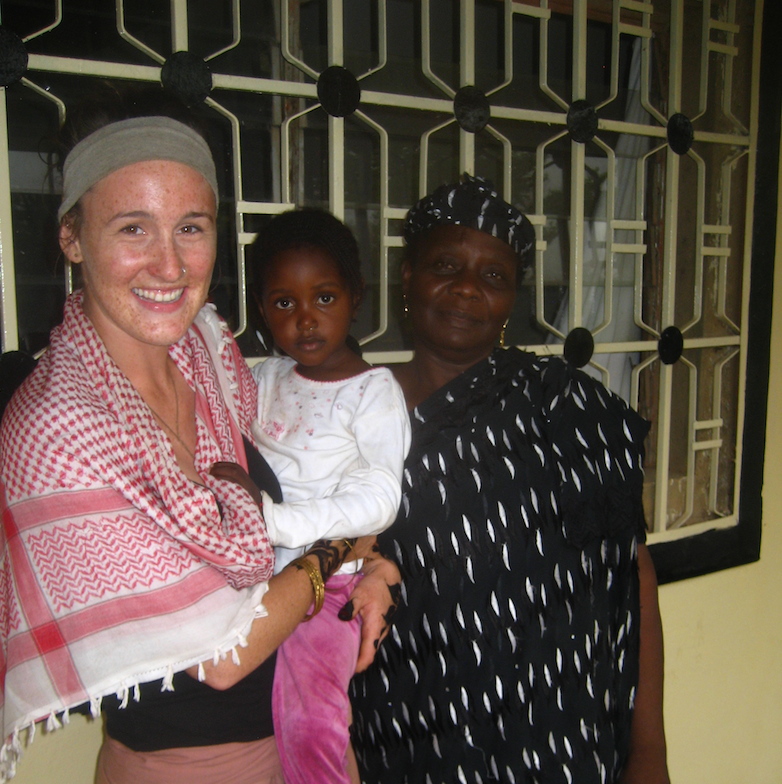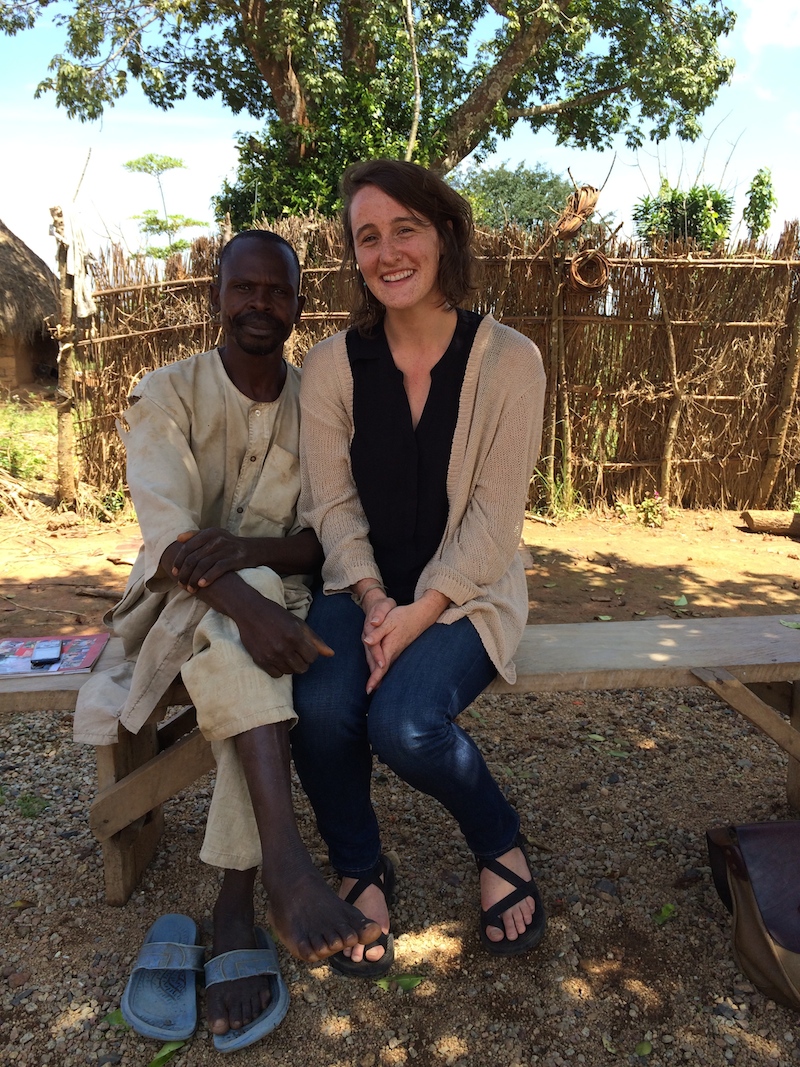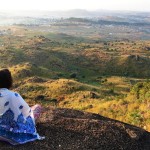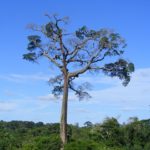Living in Cameroon–Twice

 I spent my senior spring semester of undergrad in Cameroon with the School for International Training. Two and a half years later, I’m back for nine months on a research grant. In May of 2012, when I missed my commencement back in Michigan so that I could hike Mount Cameroon, I’d have told you that I enjoyed my time here, but did not expect to be back anytime soon. I want to be an expat in sub-Saharan Africa, I’d say, but I picture myself in the Great Lakes Region: Rwanda, DRC, maybe Burundi or Uganda.
I spent my senior spring semester of undergrad in Cameroon with the School for International Training. Two and a half years later, I’m back for nine months on a research grant. In May of 2012, when I missed my commencement back in Michigan so that I could hike Mount Cameroon, I’d have told you that I enjoyed my time here, but did not expect to be back anytime soon. I want to be an expat in sub-Saharan Africa, I’d say, but I picture myself in the Great Lakes Region: Rwanda, DRC, maybe Burundi or Uganda.
As usual, attempting to predict the future has been useless, and here I am back in “Africa In Miniature.” The differences between the experiences have been very real, however; I’ve highlighted a few below.
Living in Cameroon–Twice
Food
2012
Meals were almost always prepared by my host family. I helped when I wasn’t in class, but mostly ended up staying out of the kitchen. Breakfast was almost always bread and jam, lunch was street food, dinner was eaten with family, and I’d inevitably snack throughout the day and night. Those home cooked meals were wonderful—always delicious, and always an opportunity to learn about Cameroon’s history, cultural intricacies, and agriculture.
2014
This time, my eating habits in Cameroon much more accurately reflect my eating habits in the U.S. This means that they are wildly inconsistent and a bit bizarre. Most mornings I have yogurt and Grape-nuts, most afternoons I eat snack-y street food, and dinner ends up being anything from meticulously-prepared peas, carrots and chapati, to peanut butter and banana sandwiches, to a plate of raw vegetables when I’m feeling particularly distracted.
Living Arrangements
2012
I lived with three different host families while in Cameroon. The experiences varied, but even in the best homes, I struggled with the fact that I had moved back under supervision after having spent three-and-a-half years out of my parents’ house. That said, I also had automatic community when living with host families; someone was always home to encourage me to be social and work on my French.
As for amenities, running water rarely existed, and when I did have it, it was inconsistent at best. In every case, running water or no running water, bucket showers were it. Inconsistent water didn’t bother me at all most days; bucket showers are a weirdly fun thing for me, and filling containers of well water is good exercise.
2014
In a few days, I’ll be moving into my own apartment in town. It has running water, electricity, and roof access. It feels luxurious, though I’ll still be half-bucket showering, with a detachable shower head and, well, a bucket because my bathroom is so small. I have it all to myself, and am accountable to no one. The apartment is six floors up on top of an office building. I have exclusive roof access. As far as I’m concerned, I’m about to be living the dream.

Electricity and Technology
2012
I had fairly reliable electricity in every host family’s house during the months in Cameroon (aside from some time spent in the bush,) but in the DRC we lost power permanently (aside from the occasional 2AM surge) right around my second week there. I had very little technology with me—the secondhand, throwaway PC lasted three months
2014
I’m here as a researcher now. This means that I came to Cameroon with a Macbook Pro, with two voice recorders, with an iPhone that functions as a backup recording device, a camera, and an iPod. I also brought a Nikon D3000, a portable speaker, and noise-canceling headphones for interview transcriptions.
Internet
2012
I went to local cyber cafes only, and felt like my whole day was wasted if I spent more than thirty minutes online in one afternoon.
2014
I have a router in my home. Since arriving in Ngaoundéré 22 days ago, I have checked my email, Facebook, and Instagram at least once a day for nineteen of those days. Staying connected to home is important, and I’m embracing that without allowing it to consume me.
Community
2012
Finding community with Cameroonians my age was difficult. My program had a curfew instilled and, though it wasn’t hard and fast, most host parents wanted us back home before dark and worried about our safety if we wanted to go out at night. With our days full of classes, that didn’t leave a lot of time for anyone but myself and the twelve other American students with me. Our group was extremely close and I’m grateful for our time together—I met some of my best friends during that semester—but it was hard for all of us, I think, to feel like we’d really experienced life as a college student in Cameroon when it was so difficult to meet college students in Cameroon.
2014
I’m working to have a better balance in my social life. The reality of living in Cameroon is that this culture is extremely different from the one I grew up in. That’s both beautiful and overwhelming. Luckily, a great thing about being foreign here is that people fully expect me to ask for help and are willing to give it. I’ve made more friends more quickly—both locals and other expats—because, without a program to support me with built-in bureaucracy and community, I am forced to ask for help. And nearly all of the people who have been helping me have (inevitably) become the foundation of my friend group.
Like I said, I never thought I’d end up in Cameroon again, especially not this quickly. But life likes to prove us wrong, I’ve noticed, and I like it. Keeps me humble. One month in, I’d highly recommend a return visit to—and a fresh perspective on—your study abroad locale.
Photos by Gretchen Baldwin.








